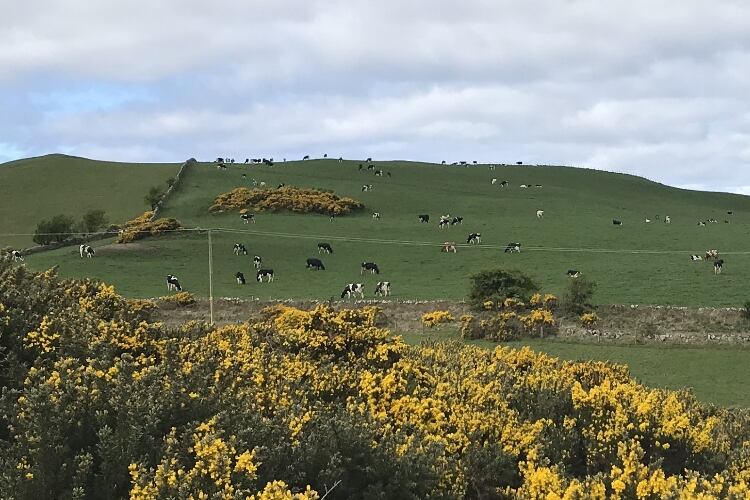The study analyzed six global markets to examine the critical uncertainties of social environmental forces and technological transitions that could shift the dairy landscape in the next 10 years.
Frederik Wellendorph, vice president business unit liquid food, Tetra Pak, said, “The Food & Beverage sector will undergo an enormous transformation over the next decade, with the dairy industry feeling this most acutely. Clearly, many challenges lie ahead – but there are plenty of opportunities for manufacturers too. The key to success in the new landscape will be in embracing flexibility and proactively responding to the wave of disruptive changes.”
Dr Christian Koch, Lund University School of Economics and Management, said, “The global dairy industry is at the very heart of the global food transformation, and the contours of this transition are already starting to take shape. This Lund University project, in collaboration with Tetra Pak, used established methodologies to develop scenarios for the dairy industry in 2030 and related food processing and distribution sectors. The scenarios are as different from each other as possible, within the limits of plausibility and credibility. Thus all should be considered as future plausible outcomes.”
The study, Global trends affecting dairy strategies, follows an 18-month research project by LUSEM, supported by Tetra Pak, to examine a shifting dairy landscape and forecast what the dairy industry will look like in 2030.
The project team from the LUSEM SITE research center consisted of professors Thomas Kalling, Matts Kärreman, Magnus Johansson and Koch. Analysing six global markets, including the UK, US, China, India, Nigeria and Brazil, the study outlines four plausible scenarios – ‘Dairy Evolution’, ‘Green Dairy’, ‘New Fusion’, and ‘Brave New Food’ – each demonstrating the varying interplay of socio-environmental forces and technological transition, and with very different outcomes.
The first scenario, ‘Dairy Evolution’ is the scenario characterised by no big surprises where the dairy industry would continue to follow current trends with smaller disruptions. ‘Green Dairy’ is marked by strong socio-environmental forces, such as consumer demands and policy restrictions but little technological transition, which drive the dairy industry to invest heavily to reduce carbon footprint.
‘New Fusion,’ dominated by innovative technologies and processes, but weak socio-environmental forces, would significantly impact the industry. The final scenario, ‘Brave New Food’, is the scenario combining strong socio-environmental forces and highly innovative technologies, which together would lead to a complete transformation.
The research found the four scenarios present many implications that could change the business environment. Anticipating the degree of transformation, Tetra Pak said it has already started collaborating with start-ups and academia to accelerate understanding of the performance of different proteins under different processing conditions. Through this, the company intends to create solutions that enable customers to take advantage of the changes that lie ahead in traditional cow-based milk, plant-based beverages and lab-grown dairy alternatives.
The four plausible scenarios of the study were arrived at by using methodology based on the Oxford Scenario Planning Approach, identifying predetermined factors, such as demographic shifts and climate change, and potential disruptions from critical uncertainties such as technological transformation and socio-environmental forces.
The research forms part of Lund University and Tetra Pak’s ongoing strategic collaboration. In July 2020, Lund University and Tetra Pak signed a five-year strategic partnership agreement, aiming to create new industry-academia development opportunities, promote the sharing of resources and competencies, explore opportunities to enrich ideas, and create a platform of exchange between students and professionals.

